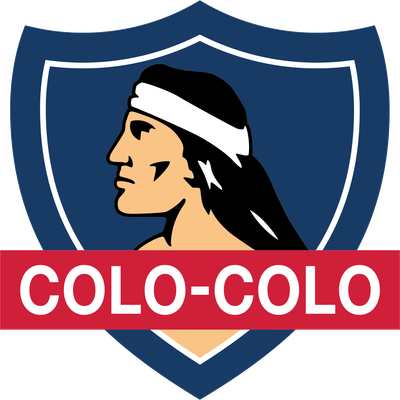Chilean Primera División
The Chilean Primera División, also known as the Primera División de Chile, is the top professional football league in Chile. It has a rich history and is one of the most competitive and prestigious leagues in South America. Established in 1933, the league has grown to include 16 teams that compete annually for the coveted title of Chilean champion.
The league operates on a relegation and promotion system, with the two lowest-ranked teams each season dropping to the Primera B (second division), while the top teams from the second division ascend to the Primera División. This structure fosters competition and provides opportunities for emerging clubs to challenge established powerhouses.
Historically, the league has been dominated by a few powerhouse clubs, with Colo-Colo, Universidad de Chile, and Universidad Católica frequently battling for supremacy. These clubs are some of the most successful in Chilean football, and their matches, especially the “Clásico del fútbol chileno” between Universidad de Chile and Colo-Colo, are among the most anticipated and passionate fixtures in the country’s sporting calendar.
The league season is typically divided into two tournaments: the Apertura and the Clausura. Each tournament runs for about six months, with teams playing each other in a round-robin format. At the end of each tournament, the winner is crowned, and a separate championship playoff often decides the overall league champion.
Chilean clubs also compete in continental competitions like the Copa Libertadores and Copa Sudamericana, representing the country's footballing strength on the international stage. The league’s talent pool has produced numerous renowned players who have gone on to achieve success in top leagues around the world, further elevating the global stature of Chilean football.



